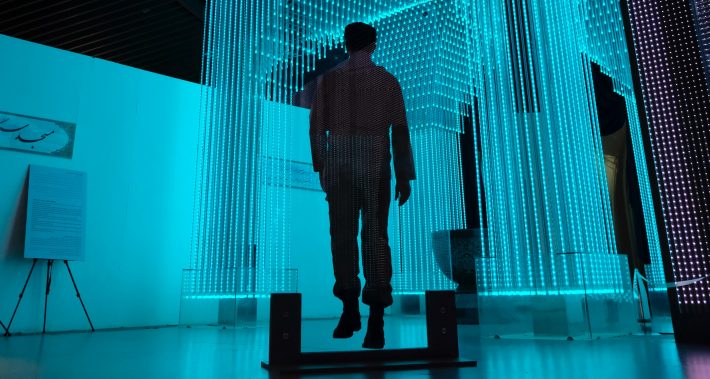Isansys Lifecare Ltd, the provider of complete real-time physiological patient data services and systems, has announced the results of a collaborative pilot study, with a medical centre in India, based on its first generation Patient Status Engine.
The pilot study at the Kerala Institute of Medical Sciences (KIMS) demonstrated the use of the Patient Status Engine (PSE), a continuous real-time vital sign patient data acquisition and analysis platform, to assess how beneficial it was to hospital staff and patients, and to see if it would allow providers in India to be able to move into the next generation of digital, data driven patient care.
The proof of concept study was carried out in KIMS over a period of three weeks, doctors from the nephrology and cardiology units selected patients in a step down unit with varying medical conditions to take part in the trial. Patients were fitted with the clinically certified wireless wearable sensors that are included in the PSE, including the Isansys Lifetouch cardiac monitor – a lightweight and unobtrusive ‘smart patch’ which collects data directly from the patient and analyses the ECG of every heartbeat to provide continuous heart rate, respiration rate heart rate variability, and upon request, full ECG. The data streams from the wearable devices are collected and processed in the Isansys Patient Gateway/Server from where they are delivered to any authorised laptop, desktop or mobile device.
The patients in the trial were also monitored with traditional bedside equipment which gave a comparative view to the doctors attending the patients. The study proved that the CE marked devices, currently in use in hospitals in the UK, could provide early warning scores and other quantitative measures to enhance clinical practice and improve patient outcomes in other healthcare systems. It also showed that the PSE would be a viable and affordable alternative to standard patient monitoring equipment, with the additional benefit that patients could be ambulatory or even at home.
 The data collected from the Lifetouch and other devices was visible at all times to the doctors and clinicians and this enabled them to use these vital signs to assess the condition of their patients. Doctors working on the pilot study found that the PSE was an effective way to monitor patients’ vital signs across the network.
The data collected from the Lifetouch and other devices was visible at all times to the doctors and clinicians and this enabled them to use these vital signs to assess the condition of their patients. Doctors working on the pilot study found that the PSE was an effective way to monitor patients’ vital signs across the network.
A spokesperson from the hospital said: “With the clinical status of the patients being visible to doctors across the hospital, the PSE gave doctors and nurses the chance to react more quickly to any changes in a patients’ condition, preventing patient deterioration, whilst at the same time, being cost effective for our hospital.”
Keith Errey, CEO of Isansys said, “We are pleased to have been able to carry out a clinical trial at KIMS. We are convinced that new digital devices and technologies and data driven methods in healthcare will be transformative. As these devices and technologies are inherently lower cost and more patient centred, they are ideal for a rapidly developing healthcare market such as India. We are currently upgrading and extending the PSE to provide for greater mobility and community based early interventions that will effectively allow critical care pathways to be extended beyond the hospital walls. We believe this is vital for the extension of healthcare services to a greater number of Indian citizens and look forward to continuing the work with the KIMS team.”






